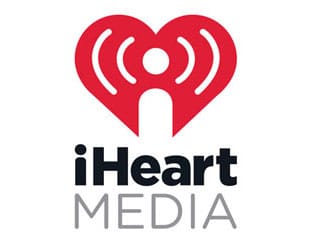Steve Newberry of Commonwealth Broadcasting and Charles Warfield of ICBC Broadcasting represented broadcast interests at the Performance Rights Act discussion held on Capitol Hill 11/17/09. Their mission was to stress the negative effect the bill would have on free over-the-air broadcast service.
Both hold leadership positions with the National Association of Broadcasters. Newberry is NAB Joint Board Chairman and Warfield is NAB Radio Board Chairman.
The meeting was called by the two Judiciary Committee chairs, Patrick Leahy (D-VT) and John Conyers (D-MI).
Others at the meeting included representatives from RIAA in support of PRA, and joining NAB in opposition were representatives from the National Association of Black-owned Broadcasters and the Spanish Broadcasting Association. Mike Conaway (R-TX), co-sponsor of the Local Radio Freedom Act, was also in attendance.
Conaway’s measure picked up its 253rd supporter in the House as Jim Matheson (D-UT) added his name as co-sponsor.
“Out of deference to key members of Congress, NAB representatives met today with representatives of RIAA and the music industry to discuss pending performance tax legislation,” stated NAB’s Dennis Wharton. “NAB representatives, along with representatives of minority-owned radio stations, reiterated our strong concerns over the negative impact that the bill would have on the ability of free and local radio stations to continue serving our listeners.”
RBR-TVBR observation: Wouldn’t it be funny if PRA passed and with it came the immutable Law of Unintended Consequences under which it turned out that the only way radio stations could afford to play music would be to sell the recording companies :30-second and :60-second spots during which they could run iTune-style snippets as advertisements for their wares?
Lawmakers who support PRA had best think long and hard about the repercussions of this bill should it ever find its way into law – because there will be strong repercussions.
Broadcast business models would have to change. The cash RIAA wants will have to come from somewhere.
Radio is a challenging business during the best of times for most stations, and this bill – if enacted now – will slam into radio after it’s already absorbed a string of adverse developments starting with the bursting of the dot-com bubble, through the emergence of the internet as a competitor, and right into today’s troubled economy.
At this exact moment, it seems that the 2009 version is stalled, but this is yet another one of those Capitol Hill Flying Dutchmen bills that will keep coming back again and again. Stay alert.




